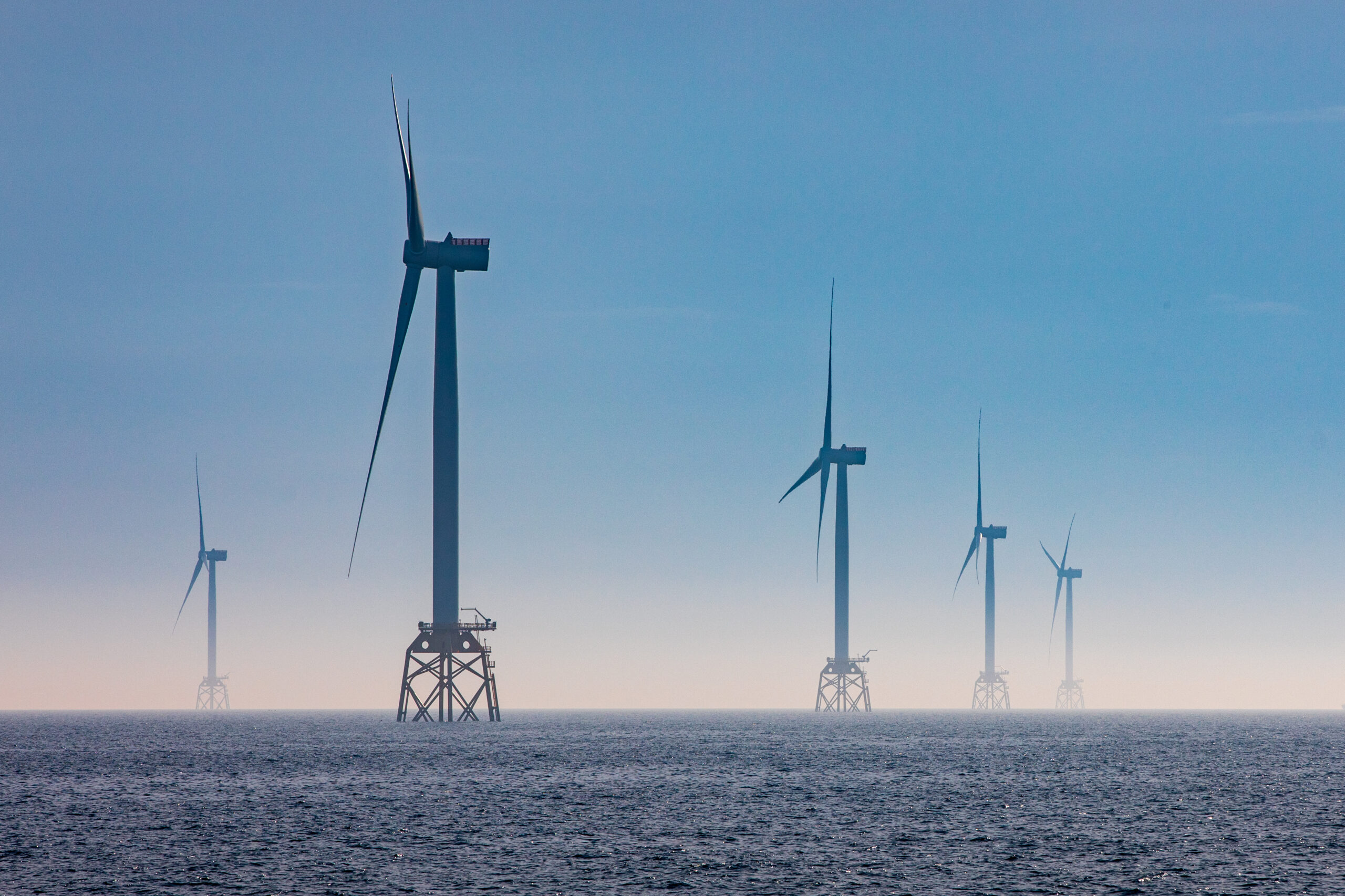SSE: committed to a just transition to a decarbonized energy sector

SSE is one of the world’s largest electricity infrastructure companies and is on track to invest around £24 billion in the UK over the next decade. The company closed its last coal-fired power station in 2020 and is investing in low-carbon infrastructure to help the UK meet its net-zero ambitions, while rejuvenating communities and creating thousands of jobs.
Most recently, the company began generating power at what is set to be Scotland’s largest offshore wind farm – Seagreen – a joint venture with TotalEnergies. Other projects in the making include the even larger Dogger Bank offshore wind farm, and Viking – on Shetland – set to be one of Europe’s most productive onshore windfarms
SSE has a science-based target to cut Scope 1 carbon intensity of the electricity it generates by 80% by 2030, compared to 2017/18 levels, and has committed to net-zero carbon emissions by 2050. As the company works towards its vision to decarbonize the energy sector, it has committed to a just transition that is inclusive of its workforce, local communities and customers. This is a crucial step in building public support for climate action, delivering better jobs and thriving societies, while creating a more affordable and secure energy system.
In Scotland, the transition happening in and around the North Sea is significant. Decommissioning and repurposing assets in the oil and gas sector has begun. At the same time, the UK is seeing massive investment in renewable technologies with some of the most ambitious carbon targets in the world, resulting in significant growth in green jobs.
To understand how the transition to net zero will impact on workers, communities and consumers, SSE became the first company to publish a Just Transition Strategy. “Predicting and pre-empting social injustices helps to prevent a disorderly transition,” says SSE’s CEO Alistair Phillips-Davies. “Finding a smooth pathway to net zero enables us to create and share the benefits of a decarbonized economy.”
Following on from the publication of this Strategy, in September 2021 SSE published a new report focused on moving from principles to action. This report outlined 20 commitments from the company, ten recommendations for industry and ten recommendations for government to support workers transition from high to low-carbon careers.
Key to the Just Transition Strategy is supporting workers from high- to low-carbon jobs. And SSE’s research reveals that at least 1,500 of its employees, around 1 in 5 of its entire workforce, who are working across low-carbon projects had previously worked in high-carbon roles. At the Beatrice Offshore Wind Farm, Scotland, for example, two thirds of the control room staff are former oil and gas workers.
All of this comes with a recognition that SSE cannot achieve the transition alone. SSE takes a leading advocacy role, publicly calling on government to “Create a Net Zero Plan for the Power Sector with a time-bound action plan for just transition” and build a Just Transition Fund or Skills Bank to ensure effective retraining. Philips-Davies has also been an active member of the Just Energy Transition workstream, led by The Council for Inclusive Capitalism, a collaboration of CEOs and global leaders organized through the Vatican.
SSE continues to raise awareness and understanding of what the just transition is and why it matters. The new Just Transition Commission, announced by the Scottish Government, saw SSE’s Chief Sustainability Officer Rachel McEwen appointed as one of four fixed-term Commissioners to provide expert industry advice and insight on the energy sector’s Just Transition Plan. Chair of the new Commission, Professor Jim Skea, stated plainly: “The challenge now is to turn these recommendations into practical realities.”
SSE also recently led the founding of a global group of companies from across the power sector in the creation of the Powering Net Zero Pact. The Pact sees the firms – which operate in over 100 countries, collectively employ around 240,000 people and have a combined turnover of more than £55 billion – promise to uphold a series of social, environmental and corporate commitments.

